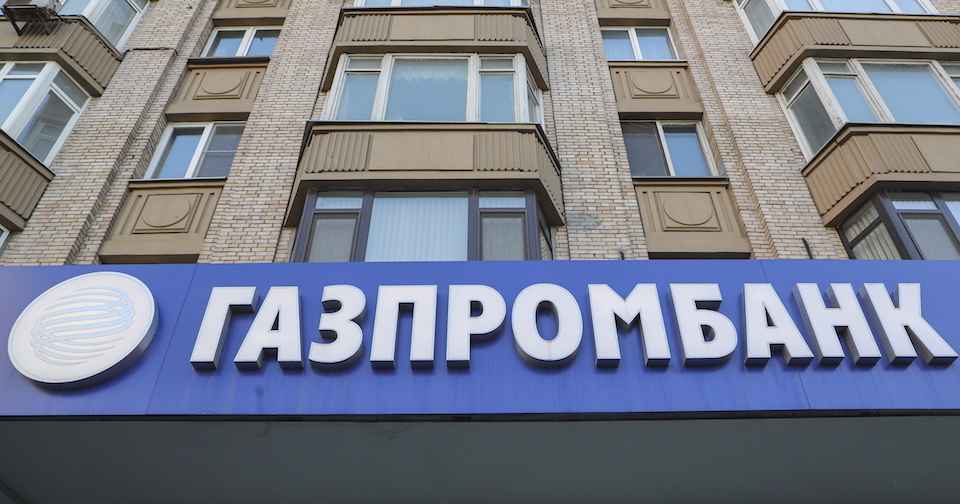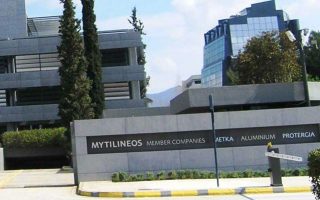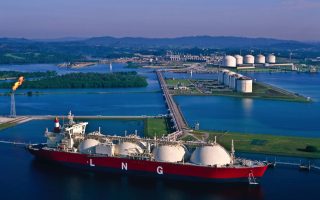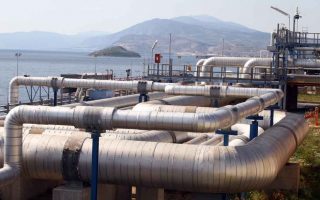Sanctions worry energy firms

Greece’s energy market is anxiously waiting to see whether the banks it makes its transactions with for the procurement of natural gas are to be suspended from the SWIFT global payments system when the European Union sanctions against Moscow are explained in detail.
Greece relies on Russia for an average of 40% of its natural gas consumption, a rate that in 2021 came to 45.5%, against 20-25% for oil. The question of transaction normality in this crisis mainly concerns Public Gas Corporation (DEPA), with 40-45% of its portfolio concerning Russian gas, while Mytilineos and Promitheas Gas import a total of 1-1.2 billion cubic meters per year. Other parties concerned are the country’s two refineries – Hellenic Petroleum and Motor Oil – though their transactions are conducted via traders and not directly with Rosneft.
The interest of Greek companies is focused on whether the European leaders will include Gazprombank in their sanctions list; this is the third biggest bank in Russia, through which payments for the sale of natural gas to Europe are made. If that happens, DEPA officials tell Kathimerini, Gazprom will have to select another bank to cooperate with for the payment of the gas it sells. The Greek energy market is discerning a trend both in the West and in Russia for not affecting the international structure of oil and gas payments.
It is through this viewpoint that they also interpret the increase in the flow of gas to Europe through Ukraine, which as they say is going toward replenishing reserves. In any case Russia can also use the alternative network of payments it has developed since 2014, such as the Russian SPFS and the Chinese CIPS.
Later on, developments in the energy sector will be determined by the extent to which the West will increase its sanctions and proceed to ban the entry of Russian tankers to European ports, thereby imposing an energy embargo on Russia.
The Greek market has not yet ruled out a scenario of a total rift with zero flows of Russian gas, though there will be no shortage of the fuel before March 15, authorities assure.





